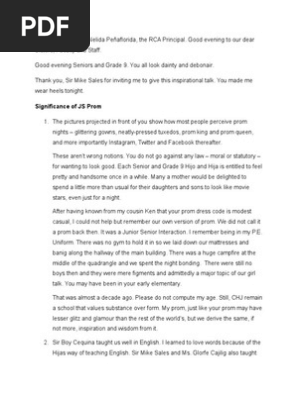100% found this document useful (1 vote)
337 views8 pagesDetailed LP - Modals
The document outlines a lesson plan for teaching modals to 9th grade students. The lesson plan aims to teach students how to [1] express permission and make requests using modals like "may", "could", and "would". Example dialogues are provided to demonstrate requesting actions from others and making polite requests. Students will practice forming sentences with modals, hold roleplays as waiters and customers, and understand that modals help express permission and requests politely.
Uploaded by
Krizzia Lovely PerezCopyright
© © All Rights Reserved
We take content rights seriously. If you suspect this is your content, claim it here.
Available Formats
Download as DOCX, PDF, TXT or read online on Scribd
100% found this document useful (1 vote)
337 views8 pagesDetailed LP - Modals
The document outlines a lesson plan for teaching modals to 9th grade students. The lesson plan aims to teach students how to [1] express permission and make requests using modals like "may", "could", and "would". Example dialogues are provided to demonstrate requesting actions from others and making polite requests. Students will practice forming sentences with modals, hold roleplays as waiters and customers, and understand that modals help express permission and requests politely.
Uploaded by
Krizzia Lovely PerezCopyright
© © All Rights Reserved
We take content rights seriously. If you suspect this is your content, claim it here.
Available Formats
Download as DOCX, PDF, TXT or read online on Scribd
/ 8






























































































